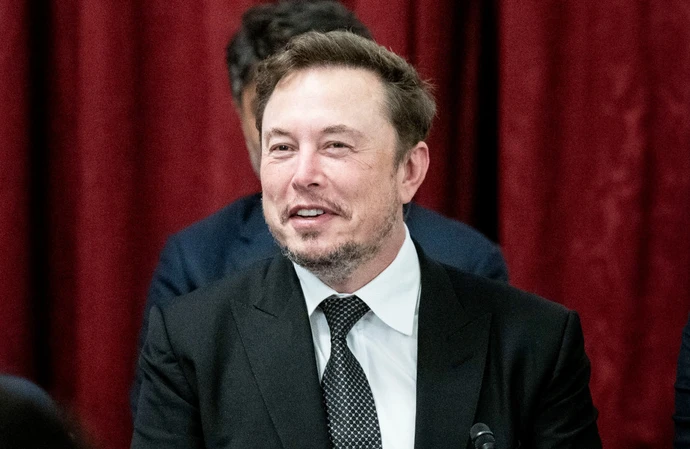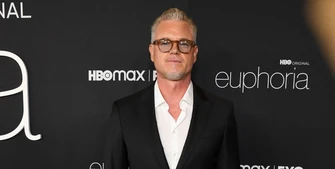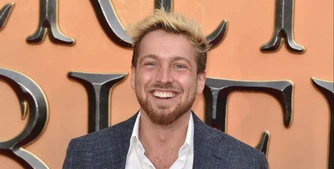Elon Musk’s brain chip company ‘gets nod to implant device into second patient’
Despite problems with the first subject, Elon Musk’s brain chip company will reportedly be allowed to implant its device into a second patient.

Elon Musk’s brain chip company will reportedly be allowed to implant its device into a second patient.
The Food and Drug Administration is said to have given the nod to the 52-year-old Tesla billionaire’s Neuralink firm to go ahead with more trials after the federal agency was apparently satisfied by the company’s proposals to fix the errors that were reported in the company’s first patient Noland Arbaugh.
Noland was the 30-year-old quadriplegic who has managed to control a cursor on a computer screen using his thoughts as well as play games and communicate with friends thanks to the Neuralink device being fitted – but the programme ran into problems when his brain rejected many of the tendrils from the implant.
News of the FDA’s apparent new approval for another trial was first reported by The Wall Street Journal.
Neuralink said earlier this month its brain implant’s tiny wires – thinner than a human hair – had retracted from Noland’s brain, resulting in a drop in measurement of his brain function.
The company said it managed to restore the implant’s ability to monitor its patient’s brain signals by making changes that included modifying its algorithm to be more sensitive.
Noland lost movement below his neck after a 2016 swimming accident and had the Neuralink chip fitted in January.
He started off breaking world records for the speed of control over a computer cursor before the device ran into glitches.
Noland told the Wall Street Journal: “I was on such a high and then to be brought down that low. It was very, very hard. I cried.”
More than 1,000 quadriplegics have signed up for a patient registry in hopes of being the second person to have the brain implant, according to the Journal.







